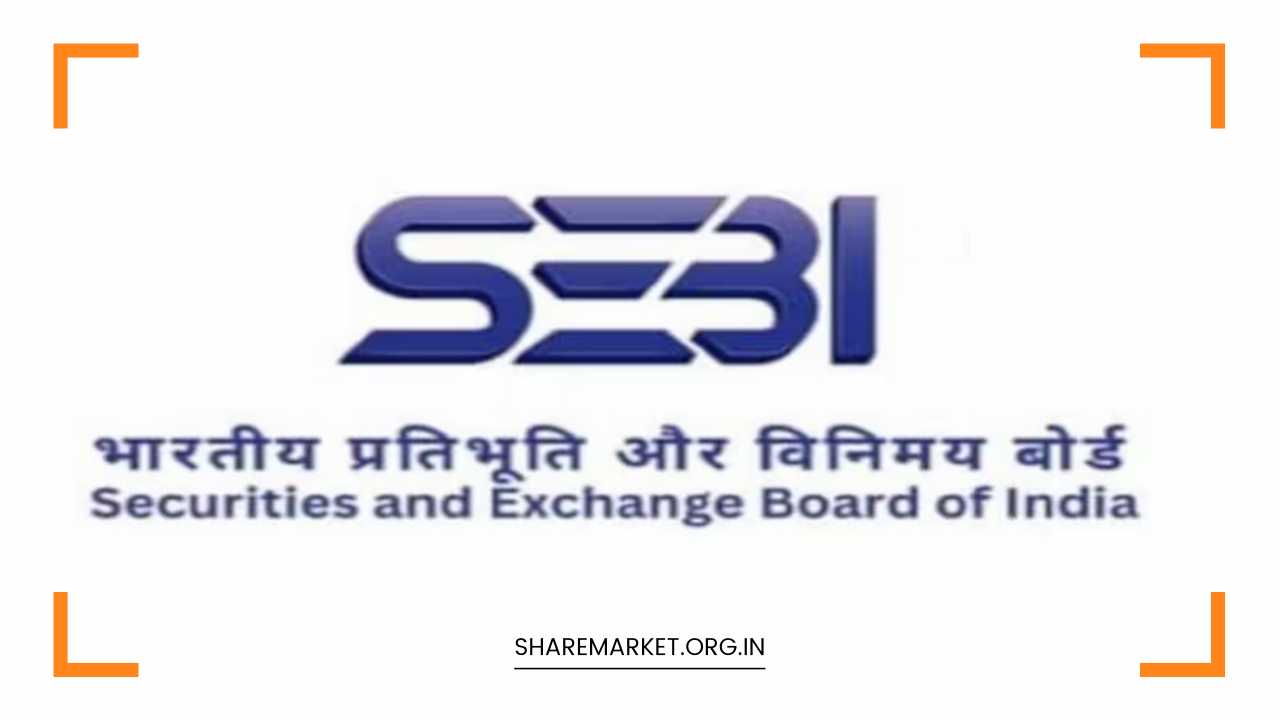SEBI Proposes Introduction of Uniform Fee Structure for Mutual Funds: Consultation Paper Released

Uniform Fee Structure for Mutual Funds
SEBI Proposes Introduction of Uniform Fee Structure for Mutual Funds: Consultation Paper Released
In a significant move aimed at enhancing transparency and protecting investors, the Securities and Exchange Board of India (SEBI), the capital markets regulator, has recently released a consultation paper proposing a uniform fee structure for mutual fund schemes.
This proposal seeks to standardize the Total Expense Ratio (TER) across all mutual funds, which is a crucial step in simplifying the investment process and ensuring fair practices within the industry.
Understanding the Total Expense Ratio (TER)
The Total Expense Ratio (TER) is a key metric that represents the total expenses incurred by a mutual fund company in managing a particular scheme.
These expenses include various costs such as administrative fees, investment management fees, marketing and distribution expenses, and more.
Currently, SEBI has set a cap on the TER for mutual fund schemes at 2 to 2.5 percent, depending on the type of fund. This cap is intended to protect investors by limiting the maximum amount that can be charged for managing their investments.
However, despite this cap, mutual fund investors may still face additional costs beyond the TER. These supplementary charges include brokerage and transaction costs, Goods and Services Tax (GST), additional fees on exit loads, and an extra 0.30 percent TER for investors in smaller cities, often referred to as B30 cities.
This complexity can lead to confusion among investors about the true cost of their investments and may obscure the comparative benefits of different mutual fund schemes.
SEBI’s Proposal for a Uniform Fee Structure
SEBI’s proposal aims to address these issues by introducing a uniform TER that encompasses all possible expenses associated with mutual fund investments. The key aspects of the proposal include:
- Inclusion of All Costs in the TER: SEBI emphasizes that the TER should cover all expenses that an investor might incur, including brokerage and transaction charges, Securities Transaction Tax (STT), and other costs. This means that no additional charges beyond the prescribed TER limit should be levied on investors.
- Uniform Charging for Regular and Direct Plans: To ensure consistency, SEBI suggests that the TER should be uniformly applied to both regular and direct plans of mutual funds. The only exception would be the distribution commission component, which would vary between the two types of plans. Regular plans involve a distribution commission for intermediaries, whereas direct plans are purchased directly from the mutual fund house without any intermediary involvement.
- Exit Option for TER Increases: In the event of a TER increase, SEBI proposes that unitholders should be provided with an option to exit the mutual fund scheme at the prevailing Net Asset Value (NAV) without incurring any exit load. This provision aims to protect investors from unexpected cost increases and provides them with the flexibility to move their investments if they are dissatisfied with the new fee structure.
Encouraging Women’s Investment and Restricting Upfront Commissions
In addition to the uniform fee structure, SEBI has also proposed measures to promote women’s participation in mutual fund investments and to enhance overall investment practices. Key recommendations include:
- Incentives for Women Investors: SEBI suggests offering additional incentives to distributors for attracting new investments from women investors. This initiative aims to increase the participation of women in mutual fund investments, contributing to a more inclusive financial ecosystem.
- Prohibition of Upfront Commissions: To address concerns about potential conflicts of interest, SEBI has proposed banning upfront commission payments made directly by investors. This measure is intended to prevent practices where investors might be charged excessively due to the promise of immediate commissions to distributors.
- Restriction on Transaction Cost Recovery: SEBI is also considering the prohibition of recovering transaction costs through deductions from investors’ investments. This step is aimed at ensuring that all costs are transparently included within the TER, thereby simplifying cost assessments for investors.
The Rationale Behind SEBI’s Proposal
SEBI’s proposal to introduce a uniform fee structure is driven by several key objectives:
- Enhanced Transparency: By incorporating all expenses into a single TER, SEBI aims to make it easier for investors to understand and compare the costs associated with different mutual fund schemes. This increased transparency is expected to lead to more informed investment decisions.
- Simplified Investment Process: The uniform fee structure is designed to simplify the investment process by eliminating the need for investors to navigate complex additional charges. This simplification is intended to make mutual fund investing more accessible and less daunting for individual investors.
- Investor Protection: The proposed measures are also focused on safeguarding investors from misleading advice and unfair practices. By addressing issues such as upfront commissions and additional costs, SEBI aims to create a more level playing field and protect investors’ interests.
- Reduction of Misleading Practices: SEBI has observed a trend where mutual fund brokers and distributors might pressure investors to shift funds from existing schemes to new ones in order to benefit from higher commissions. The proposed changes are designed to curb such practices and ensure that investment decisions are based on merit rather than commission incentives.
Industry Reactions and Stakeholder Feedback
The mutual fund industry comprises 42 companies managing assets exceeding Rs 40 lakh crore. SEBI’s consultation paper has been released to seek feedback from all stakeholders, including asset management companies, distributors, and individual investors. The deadline for submitting feedback is June 1.
Industry experts have generally welcomed SEBI’s efforts to standardize the TER and address issues related to additional charges. They argue that a uniform fee structure will enhance transparency, reduce complexity, and ultimately benefit investors.
However, some concerns have been raised about the potential impact on distribution practices and the feasibility of implementing the proposed changes across the industry.
Final Remarks
SEBI’s proposal for a uniform fee structure represents a significant step towards enhancing transparency and protecting investors in the mutual fund industry.
By incorporating all expenses into the TER, standardizing charges for regular and direct plans, and addressing issues such as upfront commissions, SEBI aims to create a more transparent and investor-friendly mutual fund market.
As the consultation period progresses, it will be crucial for all stakeholders to provide their feedback and contribute to shaping a regulatory framework that balances investor protection with the practicalities of mutual fund management.
The outcome of this consultation will likely have far-reaching implications for the future of mutual fund investing in India, influencing how investors perceive and engage with mutual fund schemes in the years to come.

















